Filter by
Science for Environment Policy - All News (125)
RSS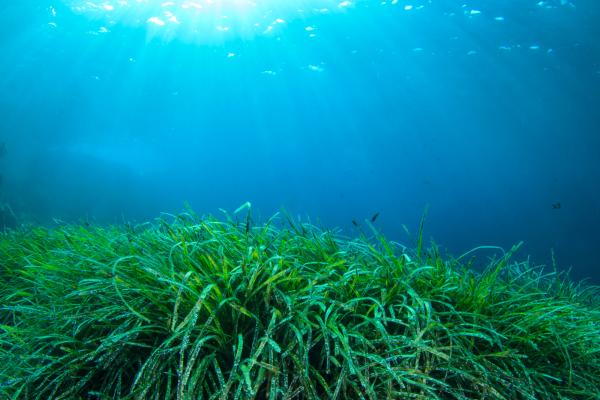
Issue 602: An international study assessed the range of Posidonia oceanica (seagrass endemic to the Mediterranean), and associated ecosystem services lost, due to a 90% loss of the seagrass habitat resulting from industrial pollution.
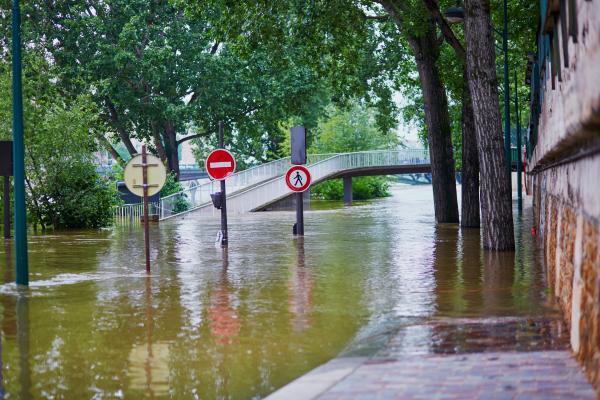
Issue 602: Flooding - the most expensive natural hazard in Europe - is forecast to worsen in the future due to climatic and socio-economic changes.
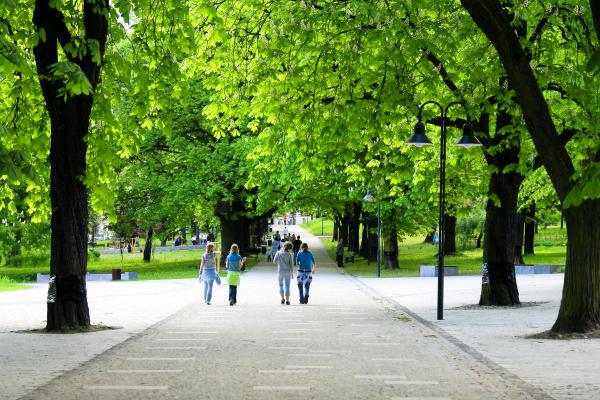
Issue 602: The cooling effect of trees is well known, but no study has so far aimed to quantify how many premature deaths might be prevented through this ecosystem service.

Issue 601: In 2019 the Notre-Dame de Paris cathedral fire spread leaded dust over Paris. Scientists have now uncovered a unique geochemical fingerprint of the lead dust pollution from this incident.
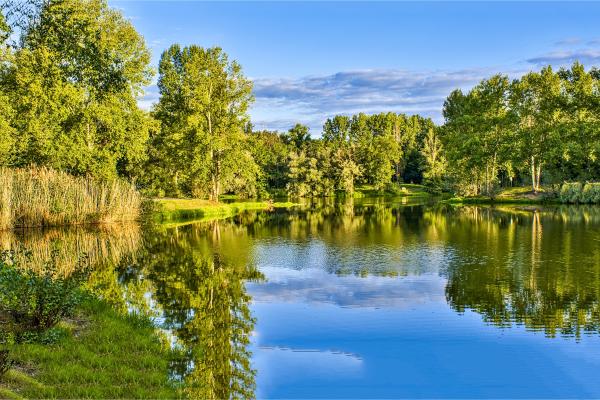
Issue 601: Monitoring has shown that summer levels of dissolved oxygen in lakes are declining. New analysis reveals that this is probably due to effects of global warming, and will be detrimental for aquatic species and potentially methane emissions.
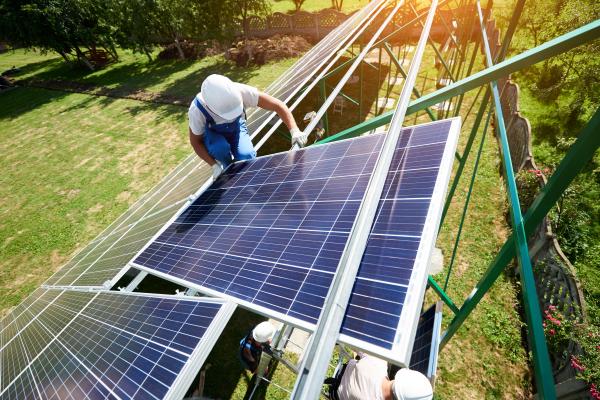
Issue 601: Essential expansion of low-carbon energy infrastructure will have resource and emissions implications. Researchers note that while materials-associated emissions will not threaten budgets, meeting the demand for key materials may be hard.
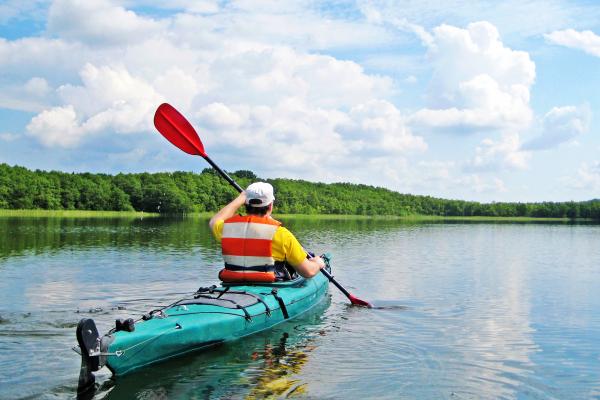
Issue 601: Assessing the health risk of virus-contaminated water should take account of virus inactivation due to environmental stressors, a new study shows.

Issue 600: The semi-enclosed Baltic Sea suffers high levels of pollution. A new study highlights that mitigation must look to address hull coatings and devices that wash hazardous substances from ship exhausts into the water.

Issue 600: Biofouling of ship hulls with algae, moss animals and barnacles causes drag, increasing greenhouse gas and air pollutant emissions, whilst also raising the risk of invasive species being transported.
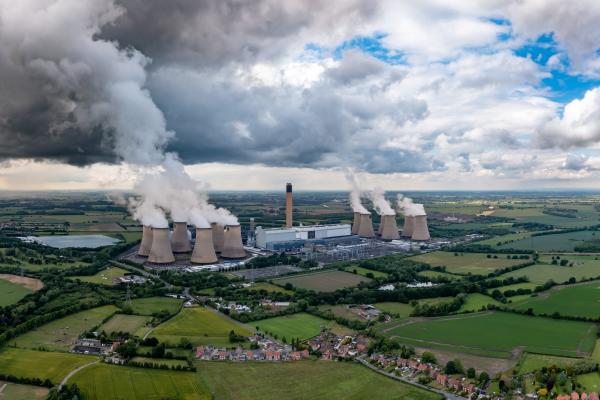
Issue 600: A new modelling study highlights the health co-benefits of actions towards achieving the UK’s 2050 net zero targets.
